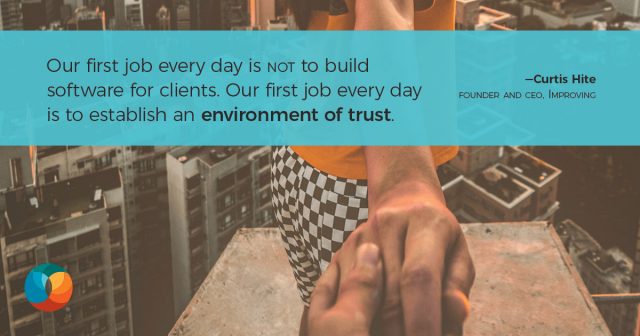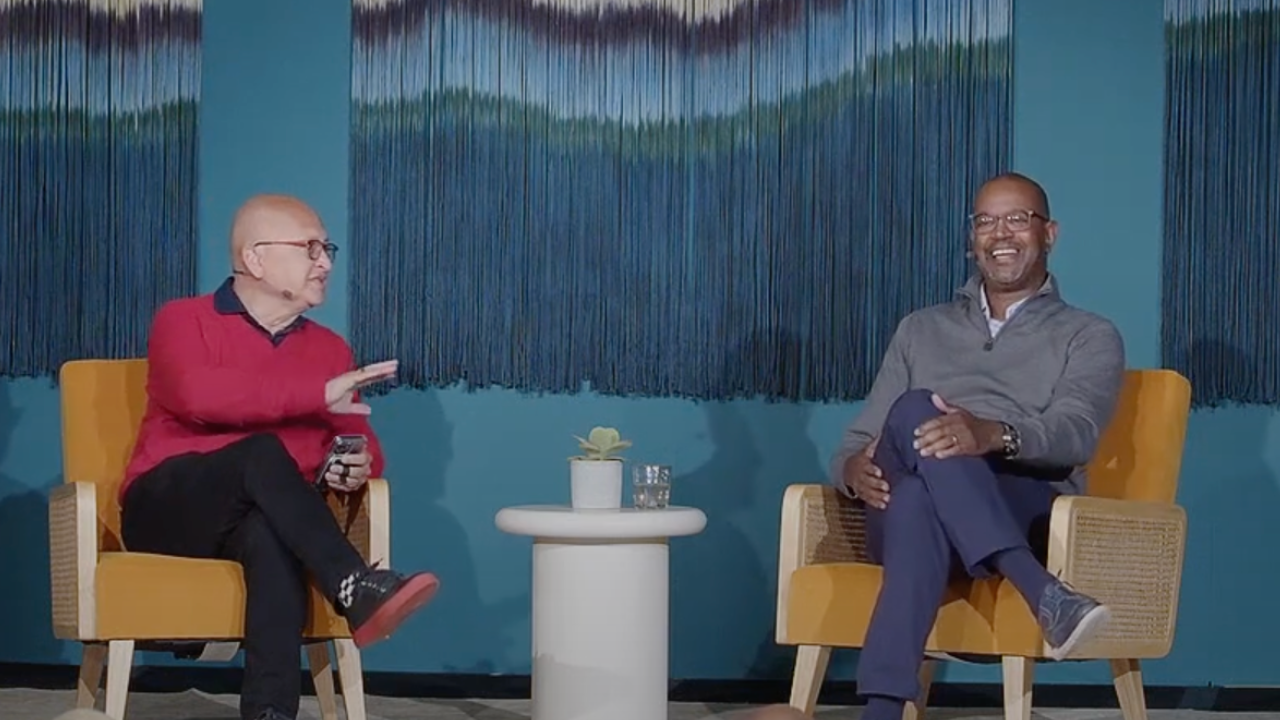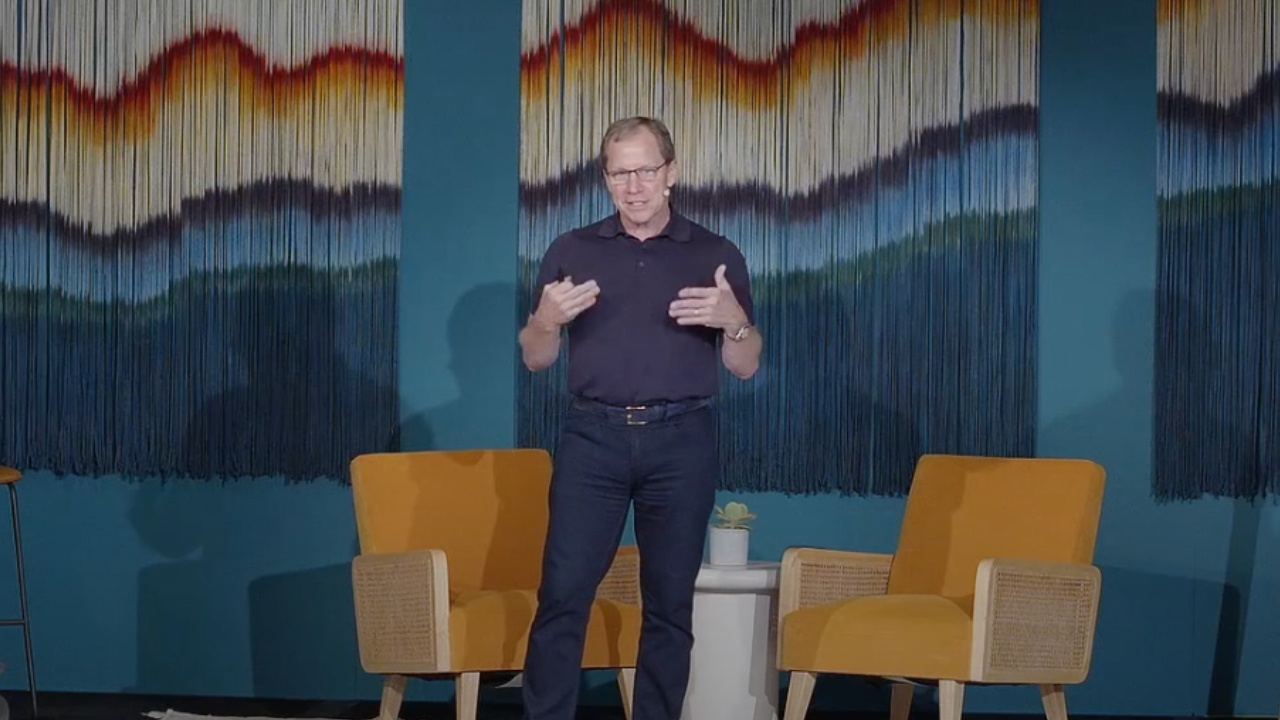Improving Trust in the Entire Stakeholder Chain
He was working for a leading defense contractor who was having difficulty attracting information technology talent. So, he developed a business model for a proposed subsidiary he thought could solve the problem, while acting as an internal consultancy for the company.
The plan made it all the way to the top levels of the company. But then came the response: tell the software weenies to get back to work.
“They said this about employees critical to their success,” Curtis Hite recalled. He was learning firsthand the danger of ignoring the principles of Conscious Capitalism—and he proved himself an attentive student.

Today, Hite is founder and CEO of Improving, a technology management and consulting services firm, and a $60 million business that might never have been created if his employer’s leadership had valued all stakeholders.
Our first job every day is not to build software for clients, Hite said. Our first job every day is to establish an environment of trust.
Hite’s emphasis on trust found its roots at an international Conscious Capitalism gathering. A facilitator asked for a show of hands from those who’d had a great experience with IT service providers.
“Out of a packed auditorium, only six hands went up,” Hite recalled. “One of them was mine.”
He was sitting between the presidents of Trader Joe’s and Starbucks, and when neither of them raised their hands, it dawned on him that most business leaders did not have positive experiences with the IT providers they worked with. “After that, it was my ambition to change the way IT is perceived. We want to improve the industry for everyone in it and for everyone who works for us.”
Hite said Improving’s focus on trust is especially demanding.
“It’s scary,” he said. “Because we know that somewhere down the line, we’ll break the promise. Not on purpose, but it will happen.”
As an example, he mentioned a recent job that was initially believed to be relatively small, worth about $30,000 in billing. Eight months later, the project still wasn’t finished, and the client had been invoiced for $200,000.
Trust had been broken with the client, Hite said.
He contacted the client’s CEO and focused on listening to their side first, part of an intentional company-wide strategy to promote trust-building behaviors in all situations. It turned out that the client was in many ways responsible for the misunderstanding. The client didn’t provide all the necessary information, for example, and changed his mind about what he wanted.
Likewise, Improving “missed our mark,” Hite said, not always acting with transparency and not always meeting deadlines on deliverables.
After nearly two months of talks, the other CEO told Hite, despite everything that happened, “‘I trust you as a person.’ I demonstrated respect to him,” Hite recalled, “and eventually he respected me. It ended in mutual trust.”
Hite added that Improving grew as a result of the misunderstanding, adopting practices that are more proactive in making sure client relations don’t fall off the rails.
“We make sure we’re ahead of the curve on accountability,” he said. “Several times since, we’ve uncovered challenges and headed off real problems. We’re committed to taking the lead in maintaining trust.”
As far as Improving has come, Hite knows that growth is perpetual.
“If I’m leading with values, I must lead as an example and know the values by heart,” he said. “I also have to find companions who start at the bottom and infuse those values throughout the company.” Hite paused, then added, “We are still on our journey.”



